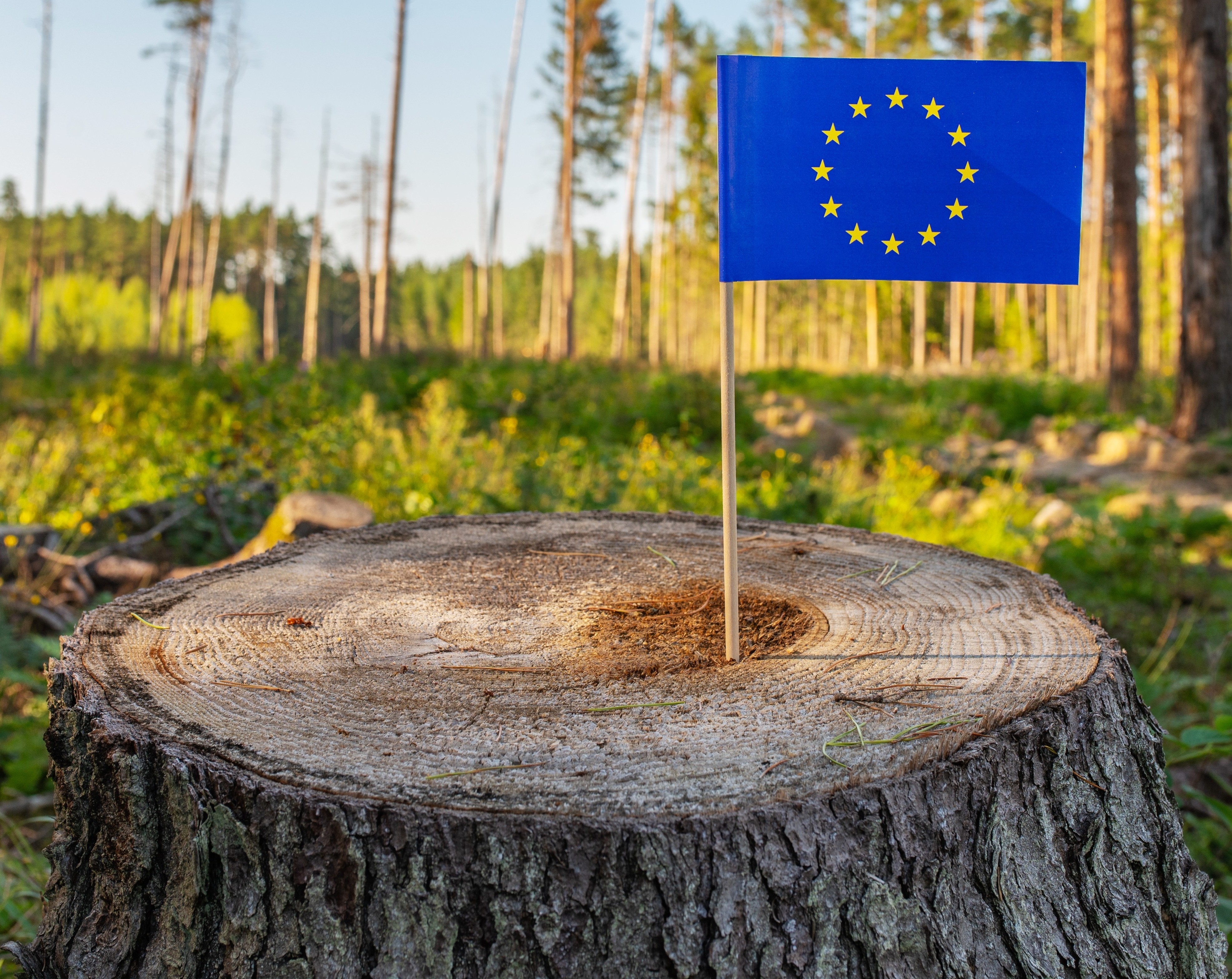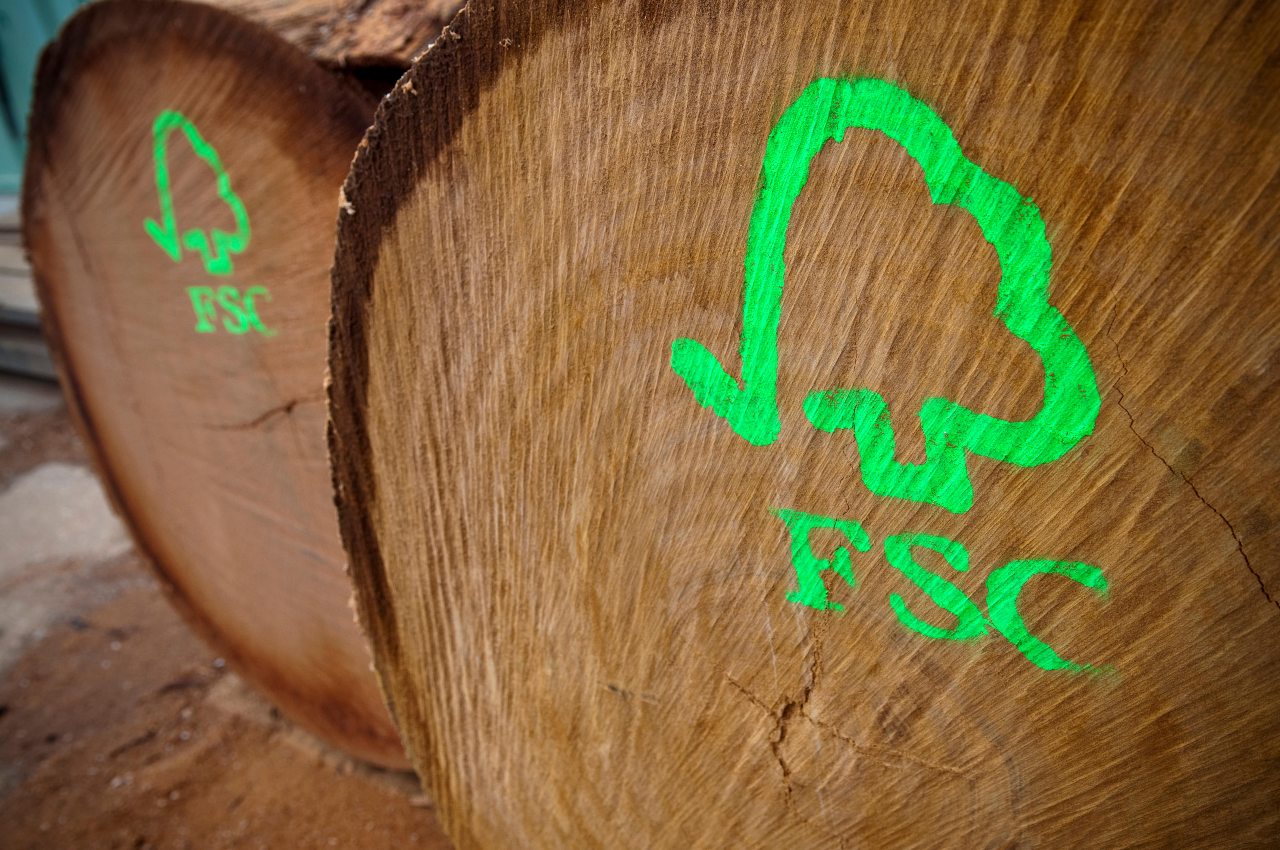
The biggest companies involved in trading commodities
driving deforestation in Brazil are channeling money through tax havens,
inflating their profits and preventing greater scrutiny of their operations,
according to a paper in Nature.
The paper used official figures from the Central Bank of
Brazil to trace flows of money from nine major commodities traders, many of
which have been implicated in and fined for their connections to illegal
deforestation. It was found that US$26.9 billion of foreign capital was
transferred to the selected nine key companies between October 2000 and August
2011.
The companies included JBS, which has played a central role
in the biggest corruption scandal in Brazil. Former members of JBS’ management
and board of directors have admitted to bribing more than 1,800 politicians
from 28 different political parties in Brazil.
The former CEO and chairman of JBS also came under
investigation shortly after agreeing a plea bargain with Brazilian authorities,
for insider trading and suspicious transactions after news of the agreement
leaked. JBS received loans of US$1.7bn from its own subsidiaries based in the
Cayman Islands, a tax haven, in the period studied.
The paper notes that secrecy jurisdictions, or tax havens,
allow companies to “make use of low-tax regimes, for example by shifting
profits to subsidiaries registered within low or even zero percent corporate
taxes”.
“Another common strategy is denoted ‘debt loading’,” the
authors write, “whereby companies finance their activities in high-tax
jurisdictions with loans from their own subsidiaries located in a tax haven.
This strategy allows companies to minimise their taxes and sometimes receive a
tax deduction in the high-tax country.”
Other companies the paper found had extensively used tax
havens included the major agricultural traders Cargill and Bunge. The firms
were among five traders and dozens of firms collectively fined US$29m by
Brazilian authorities in May for their role in incentivising illegal
deforestation for grain in the Brazilian Cerrado.
The full study, ”Tax havens and global environmental degradation,” can be bought at this link
The companies that are the subject of the study are named in the appendices, accessible at this link



